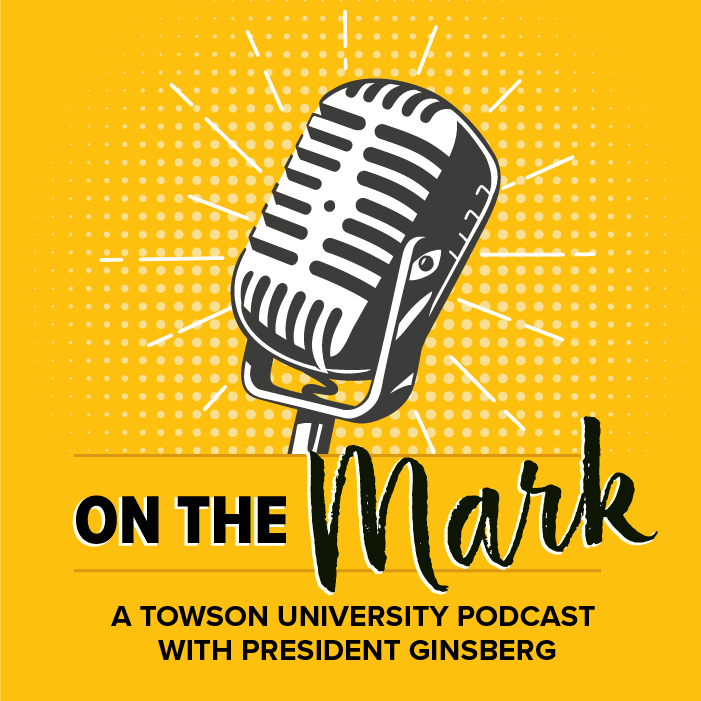Heeding a call to fight childhood hearing loss
Professor Chhayakant Patro studies effects of children’s ear infections on hearing
At the heart of assistant professor Chhayakant Patro, Ph.D.'s audiology research is his deep-rooted passion for helping patients with hearing loss. In the Department of Speech-Language Pathology & Audiology, Patro is conducting novel research on otitis media, better known as an ear infection, to better understand its impact on hearing loss in children.
“Before reaching school age, 80–90% of all children experience at least one episode of otitis media. But some ear infections can be long lasting and recurrent which can damage the ear severely,” he says.
In collaboration with a faculty member from University of Texas at Austin, Patro received a $1.5 million R01 research grant from the National Institutes of Health and the National Institute on Deafness and Other Communication Disorders to study the long-term effects of otitis media on listening skill development after treatment.
Building blocks of otitis media research at TU
At TU, Patro is working with the TU Childcare Center and five students in the audiology doctoral program in the College of Health Professions' Department of Speech-Language Pathology & Audiology to get a comprehensive idea of the cognitive impacts, speech understanding issues and hearing deficits caused by ear infections.
“This project will have a sustained impact on pediatric hearing loss, particularly otitis media – a serious global health concern," Patro says, "Establishing the developmental effects of resolved otitis media is an essential first step to facilitate early intervention and research therapies during critical windows of auditory skill development.”
Starting in mid-spring 2025 and continuing over the next three years, Patro will have 100 or so children complete behavioral, perceptual and electrophysiological tests before, during and after having ear infections.

Podcast
Research to Impact
Chhayakant Patro and President Ginsberg discuss Patro's research on noise exposure, cochlear implants and childhood hearing health.
Listen to the episode“We’re seeking to determine how children with otitis media do on all these different tasks compared to children without otitis media: how their hearing was before getting the infection and how they are doing after experiencing it,” Patro says.
Patro has been educating students in TU's Clinical Doctorate in Audiology program since 2021. For this project, he will train his research assistants on how to collect data, use equipment and develop protocols all while enabling them to contribute to impactful audiology research.
"Dr. Patro's impactful research has brought wonderful opportunities to the Department of Speech-language Pathology & Audiology at TU," says Kaitlyn Wilson, chair of the Department of Speech-Language Pathology & Audiology, "Not only is he contributing to the field in meaningful ways, but his lab is providing students with invaluable opportunities to learn through hands-on research in the field of audiology."
Speaking from experience
Growing up in rural India, Patro was inspired to contribute to the audiology field after witnessing the tough impacts of hearing loss on language acquisition when his cousin had trouble with his hearing.
By the time the family realized he was experiencing severe hearing loss, Patro’s cousin had missed several key milestones for language development.
In the years that followed, Patro dedicated himself to speech-language pathology and audiology, working in-clinic to improve the hearing performance of patients with cochlear implants in India before moving to the U.S. to pursue his doctorate.
“This is a full-circle time for me. I haven’t forgotten why I got into this field. I’m impacting a wide range of people and contributing to science,” says Patro.